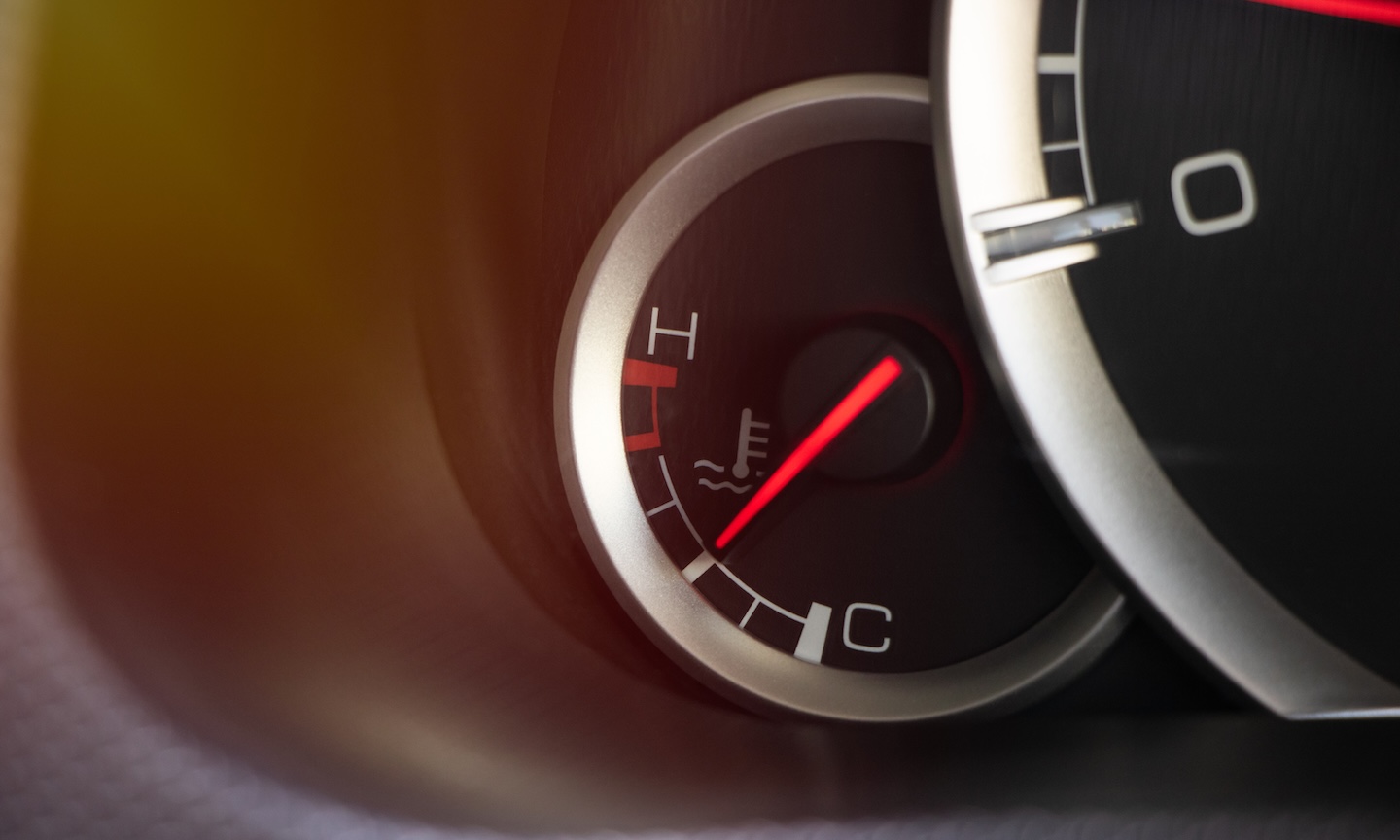Do I Need to Let My Vehicle Warm Up?

You may like the idea of warming up your car for a few minutes before hitting the road, especially during those cold winter months. It might feel like a way to care for your vehicle or ensure a comfortable ride. But is letting the engine idle really necessary for maintaining your car’s health and performance? The answer might surprise you.
The Truth about Warming Up Your Car
It seems logical that your engine would need a couple of minutes to warm up before you drive, especially when temperatures drop. However, the reality is that most modern engines don’t need extensive warming. In fact, it only takes 15 to 30 seconds for a modern car engine to be fully lubricated after ignition. This means that even though the engine might feel cold, you’re good to go as soon as it’s lubricated. Once you’re on the road, it’s wise to avoid hard acceleration for the first couple of minutes. This gives your engine time to warm up completely while driving.
While it’s okay to put your car into gear shortly after starting the engine, there are times when a brief warm-up can be beneficial. For instance, on cold mornings, letting your car idle for about a minute can help defog your windshield and make the cabin more comfortable. However, letting your car run for several minutes can have negative consequences. Prolonged idling not only increases emissions and wastes fuel but can also contribute to long-term wear and tear on your engine.
Another advantage of hitting the road right away is improved heating efficiency. Your car’s heater warms up faster when you’re driving because the engine generates heat more efficiently under load. The same applies to your air conditioner, which cools down the cabin more effectively while the car is in motion compared to when it’s idling.
What about Older Vehicles?
For those driving older vehicles, particularly models with carburetors, the story might be a little different. Carbureted engines mix air and fuel to create the combustion necessary to power the vehicle. In cold weather, carbureted engines may struggle to start and run smoothly because the fuel doesn’t vaporize as effectively in low temperatures. In these cases, warming up the engine for a couple of minutes can ensure that the air-fuel mixture is balanced and that the car runs properly. However, vehicles with carburetors are becoming increasingly rare as fuel-injection systems have become the standard in modern cars.
Maintain Your Vehicle for Optimal Performance
Of course, getting regular oil changes is also important to ensure that your engine is lubricated properly. You should also make sure that your engine coolant is flushed regularly to prevent the water in your engine from freezing in the winter.
Whether you need routine maintenance such as an oil change or have an issue with your vehicle, we're here to help. You can trust our highly-trained team to get the job done right so your car, truck, or van runs smoothly for years to come. Contact the Hall Honda Virginia Beach service team today to schedule an appointment.
